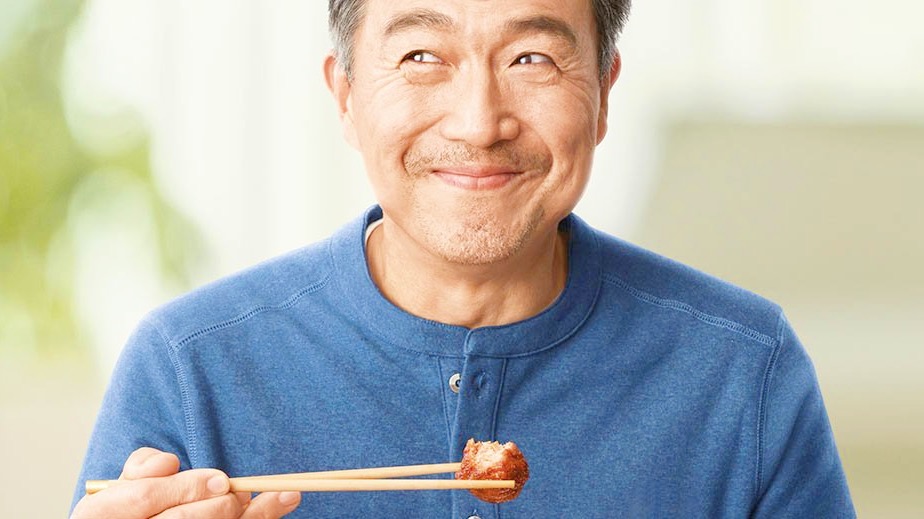Nestlé just debuted its vegan range, Harvest Gourmet, in China.
The world’s largest food and beverage company launched the plant-based line at an event in Beijing. The range is already available in Australia and New Zealand.
According to Nestlé, the vegan range includes burgers, sausages, nuggets, and mince. It also features plant-based products like braised meatballs, pork belly, a spicy wok, and kung pao chicken.
In a statement, Rashid Qureshi, the CEO of Nestlé Greater China Region, said Nestlé’s goal is to make plant-based food a “part of everyone’s everyday life.”
“We’re excited to offer our delicious and nutritious products in China,” Qureshi said. “We see China leading the trend towards a new generation of plant-based food in Asia, as people look for options that are good for them and good for the planet.”
Nestlé’s new production facility in Tianjin, China, will manufacture the vegan range.

Growing Demand for Vegan Products in China
According to a 2019 report by London-based market research firm Euromonitor International, China’s vegan food market is expected to be worth nearly $12 billion by 2023.
Even China’s government is embracing veganism. In 2016, the Chinese government released an updated set of dietary guidelines. The recommendation outlined the need to reduce meat consumption in order to combat diabetes and cardiovascular diseases.
But despite the surge in interest in veganism, Nestlé says China’s plant-based food market is still relatively new. According to Nini Chiang, the launch of Harvest Gourmet “marks the beginning of an innovative new era of localized plant-based food in China.” Chiang is Nestlé’s GCR’s CMO and Head of Confectionary and Plant-Based Food.
In order to closely imitate the taste of animal-derived meat, Nestlé creates the vegan range using cutting-edge technology. The company says it took more than 30 years to perfect the technology. The technology combines “a deep understanding of Chinese consumers and their culinary needs.”
Nestlé will open Harvest Gourmet’s flagship store in Beijing’s retail megastore Tmall this month. The company also plans to launch in Hema offline stores in Beijing and Shanghai later this year.


